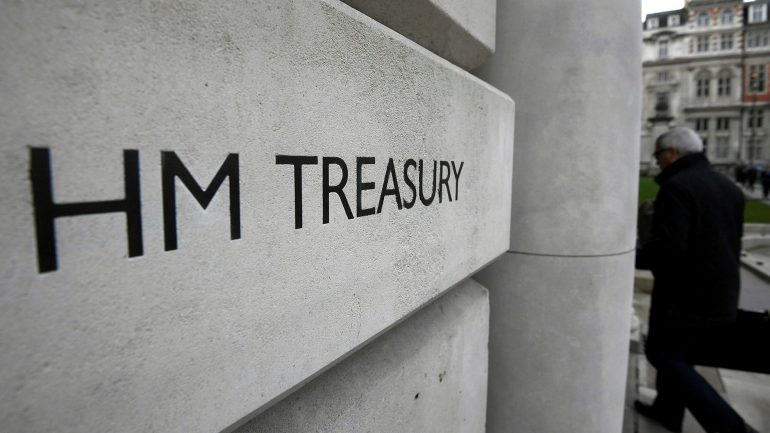- The UK’s economic and finance ministry plans to integrate stablecoins into the country’s financial system
- Plans reveal that such crypto assets will serve as an acceptable and recognized payment method
- In addition, an NFT issued by the British Royal Mint could debut later in the year
In a move geared towards introducing standardized crypto regulations for the burgeoning digital economy, the UK’s Treasury plans to approve stablecoins as a form of payment within the country.
The report published on Monday by the British HM and its Chancellor, Rishi Sunak, reveals that the country intends to incentivize digital innovation and establish the UK as a crypto-friendly jurisdiction on a global scale.
Sunak stressed that the proposed legislation to approve stablecoins as legal tender represents the first of many measures designed to bolster the country’s financial services.
The Chancellor of the Exchequer also opined that crypto regulations could help market supervisors protect consumers amid the growing demand for digital assets and virtual currencies.
Furthermore, Sunak explained that the policies are also designed to encourage investments from both domestic and foreign institutions. Sunak said:
“We want to see the businesses of tomorrow – and the jobs they create – here in the UK, and by regulating effectively we can give them the confidence they need to think and invest long-term. This is part of our plan to ensure the UK financial services industry is always at the forefront of technology and innovation
Sunak’s Crypto Regulations Also Propose an NFT
Indeed, Monday’s report suggests that the British Treasury intends to adopt a forward-looking approach regarding crypto assets. In a bid to complement the laid-out plans, Sunak also proposed that the Royal Mint issues an NFT to serve as a symbol of the UK’s crypto-related ambitions.
Other measures from the report include:
- introducing a ‘financial market infrastructure sandbox’ to enable firms to experiment and innovate,
- establishing a Cryptoasset Engagement Group to work more closely with the industry,
- exploring ways of enhancing the competitiveness of the UK tax system to encourage further development of the crypto-asset market,
Furthermore, the proposed policies could mark the first step towards addressing recent regulatory uncertainty from crypto firms in the country.

